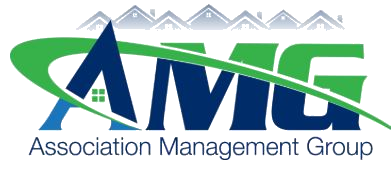5 Keys to Increase Safety in HOA Communities
/Home is a place that brings the secure and safe feeling; the HOA community ensures and optimizes the neighborhood security with precautionary measures to keep their member residents and their properties safe. These associations strive to extend safety measures with several options.
1. Local Law Enforcement Assistance
HOA associations play a very effective role in establishing a responsive and strong relationship with local law enforcement officers. They set up meetings of home owners with them to familiarize, feel comfortable and bring the voice of their concerns. The association ensures the regular patrolling in neighborhood to prevent illegal activities.
Home owners can help by informing the community board before going on vacations or business trips, and watching out for any unusual or suspicious commotions in the community that can assist in deterring crime.
2. Install alarms and appropriate lights in the community
HOA association takes active part in the assurance of the well lit and secured community area. Cost efficient motion sensor lights can provide ample lighting, alarm system installations can bring advantages in various situations, as well as, all the assets are protected and maintained by apt monitoring.
3. Ground inspection on potential hazards in timely manner
This is something HOA associations are already doing in a proper manner. They evaluate the community area for potentially dangerous situations such as damaged property, fallen trees and debris that can become risky for the neighborhood.
It is also a responsibility of homeowners to inform their association and alert the board on any concerns so that the situations can be properly addressed without any damages. What HOA associations can do is to have a place where homeowners can file their concerns and check their follow-ups.
4. Road and Street Safety
Budgeting on speed bumps and traffic signs for pedestrians and driver’s safety can make a good impact on lowering traffic incidents. HOA associations develop events to educate the community about traffic precautions, or simply update them on monthly board and member meetings to implement right speed limits. This can make the community a safer and pleasant setting to live in.
5. Professional Services
Standard Operating Procedures can be obtained from professional consultants adapted to meet the community and association’s needs. This service can help the board to enhance security features, background checks of vendors and other inspection elements of their neighborhood through training and orientation in suggested systems. With specialized services, board can provide a complete toolbox of security techniques and prevent their members from vulnerabilities.
Association Management Group
614 W Friendly Ave, Greensboro, North Carolina 27401
(888) 908-4264
pmengert@amgworld.com
www.AMGworld.com




















